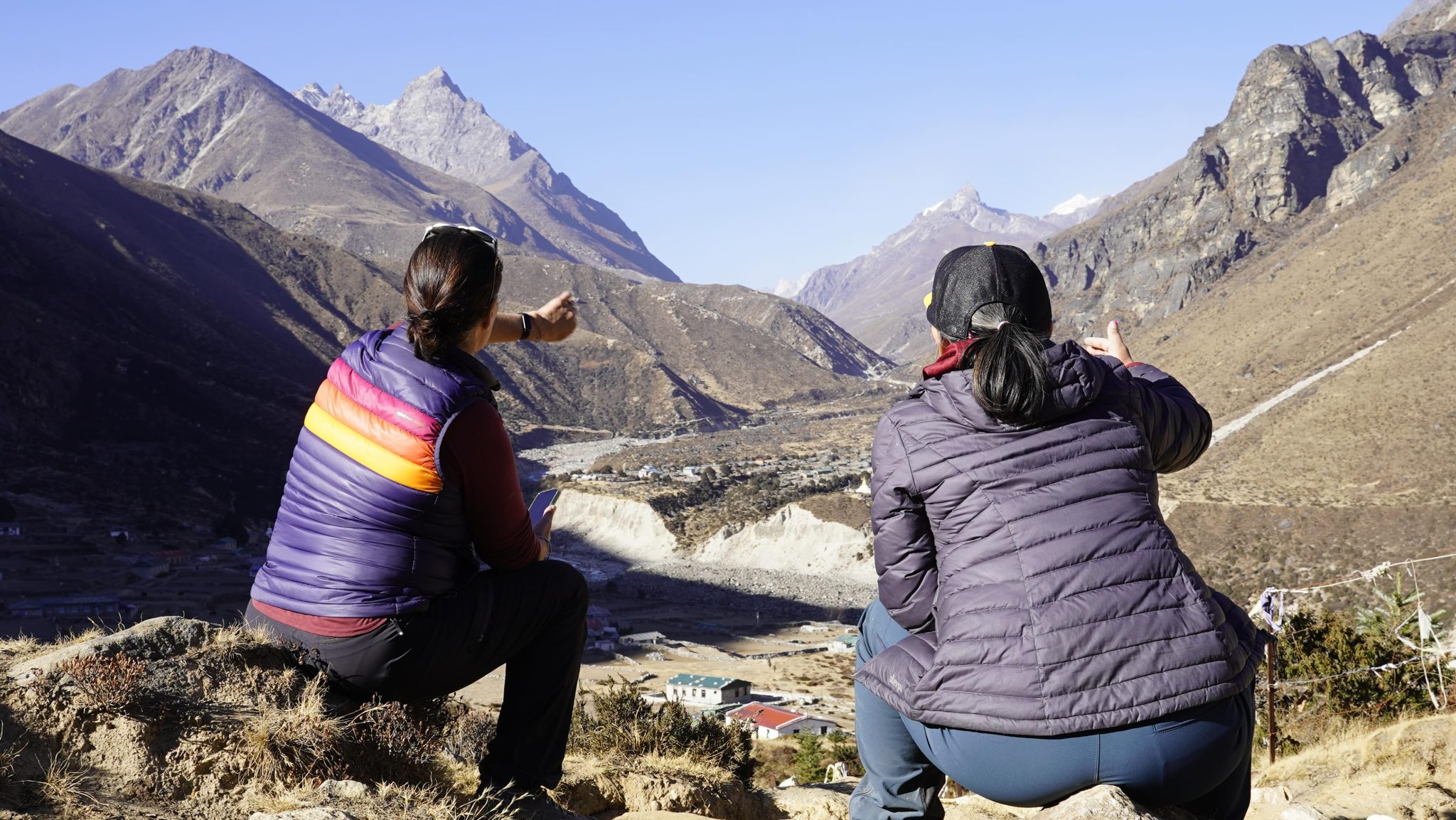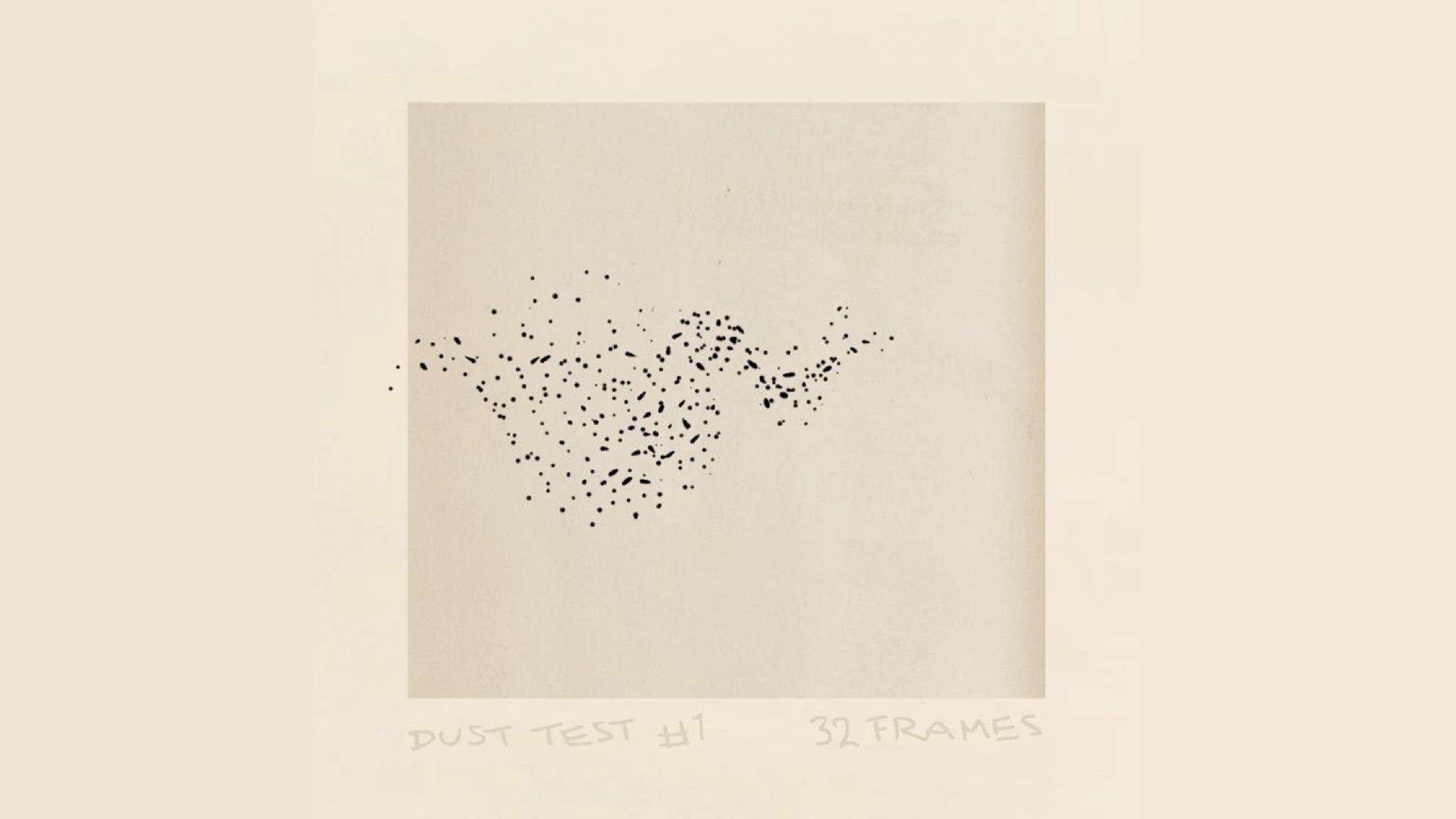

Hydroelectric dams produce electricity without actively emitting greenhouse gases, but they cause a range of harms in other ways. (Photo by Dan Meyers on Unsplash )
A new paper by PhD candidate Erik Post examines the impacts of hydroelectric and mining projects in the Sierra Norte de Puebla, Mexico.
Published in the Journal of Latin American Geography, the paper finds that despite being championed by the state as sustainable developments, these infrastructure projects resulted in violence against the Nahua and Totonac peoples.
This took many forms, including direct physical violence and the arrest of land defenders, coerced consultations, high-emission construction processes, and disruption to rivers and local water-based livelihoods.
As a result, Post finds these renewable energy developments actually mimic the violent patterns of infrastructures associated with the fossil fuel industry; so much so that environmental defenders have labelled them ‘proyectos de muerte’ (projects of death).
Yet since the hydroelectric boom of the early 1990s, the state has presented these plants as “landmarks of Mexican engineering;” a milestone in the country’s journey towards modernization. In the case of Sierra Norte de Puebla, the power harnessed in the Necaxa river — by displacing Nahua and Totonac peoples — brought electricity to Mexico City.
Yet despite the sustainable veneer, these ‘green’ projects and their methods are actually reproducing colonial violence against Indigenous communities, argues Post.
Five land and environment defenders opposed to the hydroelectric projects were killed, and others that Post spoke to feared for their lives. “[T]here is someone who is in favor of the company telling other people around here that they will make us disappear, that they will kill us because it is the only way that they can build this project,” one interviewee told him.
Additionally, the paper outlines the various ecological harms that are generated by these projects. Altered river flow leads to toxin accumulation in the sediments, loss of biodiversity and a resulting erosion of traditional agricultural practices. Not only are these practices culturally important, but the affected municipalities are some of the poorest in Mexico, and most of the population practices subsistence agriculture.
Communities in the Sierra Norte de Puebla continue to oppose these projects, Post notes. They have organized assemblies that legally mobilized against state entities and have been successful in partially or fully halting these projects. Beyond that, they are working on creating ‘proyectos de vida’ (projects of life) which will secure energy and food autonomy rooted in Nahua and Totonac cosmovisions and customs.
[I]t has been a constant struggle to survive [permanecer] as a people because they have tried to exterminate us, our way of thinking. They have mutilated us, they have cut our branches and trunks [ramas y troncos], but they have not been able to pull out the roots [raíces] and they will never succeed because these roots keep us alive,” said an interviewee.


